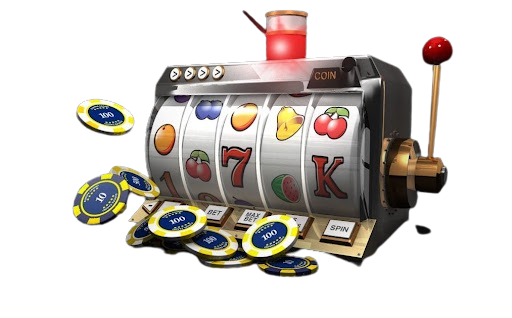Introduction:
Games have been an integral part of human culture since ancient times, serving as not only sources of entertainment but also as educational tools, social activities, and even mediums for artistic expression. Over the years, games have evolved significantly, adapting to technological advancements and reflecting changes in society. From traditional board games played with dice and counters to immersive virtual reality experiences, the world of games has expanded and diversified, leaving an indelible mark on our lives. In this article, we delve into the evolution and impact of games, tracing their journey from simple pleasures to cultural phenomena.
The Dawn of Gaming:
The history of games stretches back thousands of years, with early examples found in ancient civilizations such as Mesopotamia, Egypt, and China. These early games varied widely in complexity and purpose but often revolved around themes of strategy, chance, and competition. Board games like Senet in ancient Egypt and Go in ancient China provided not only entertainment but also opportunities for strategic thinking and social interaction.
The Advent of Digital Gaming:
The emergence of computers and digital technology in the 20th century ASTONSLOT revolutionized the gaming landscape. The earliest digital games, such as “Spacewar!” in the 1960s, were simple simulations played on university mainframe computers. However, it wasn’t until the 1970s and 1980s with the rise of arcade and home console gaming that video games began to capture the mainstream imagination.
The Golden Age of Video Games:
The 1980s and 1990s are often regarded as the golden age of video games, marked by iconic titles like Pac-Man, Super Mario Bros., and The Legend of Zelda. These games not only pioneered new genres and gameplay mechanics but also helped popularize gaming as a form of entertainment enjoyed by people of all ages. The advent of home consoles like the Nintendo Entertainment System (NES) and Sega Genesis brought gaming into households around the world, further fueling its growth.
The Rise of Esports and Online Gaming:
In the 21st century, gaming has evolved beyond solitary experiences or local multiplayer sessions. The rise of online gaming and esports has transformed gaming into a global phenomenon, with millions of players competing and collaborating in virtual worlds. Games like League of Legends, Fortnite, and Dota 2 have become cultural juggernauts, attracting massive audiences and lucrative sponsorship deals. Esports tournaments now fill arenas and stadiums, with top players achieving celebrity status and earning substantial incomes.
Gaming as Social and Cultural Expression:
Beyond entertainment, games have also emerged as powerful tools for social expression and cultural commentary. Indie games like “Journey,” “Undertale,” and “Celeste” have garnered acclaim for their innovative gameplay mechanics and thought-provoking narratives. These games explore themes such as friendship, identity, and mental health, challenging players to reflect on their own experiences and beliefs.
The Future of Gaming:
As technology continues to advance, the future of gaming holds limitless possibilities. Emerging technologies like virtual reality (VR), augmented reality (AR), and cloud gaming promise to further blur the lines between the virtual and the real. Additionally, advancements in artificial intelligence (AI) are enabling more sophisticated game experiences, with intelligent NPCs and dynamic storytelling.
Conclusion:
From ancient pastimes to modern marvels, games have captivated and inspired people across generations. As we look to the future, it’s clear that gaming will continue to evolve and innovate, shaping not only our entertainment landscape but also our culture and society at large. Whether it’s competing in esports tournaments, embarking on epic adventures, or simply enjoying a casual game with friends, games will remain a cherished part of human experience for years to come.